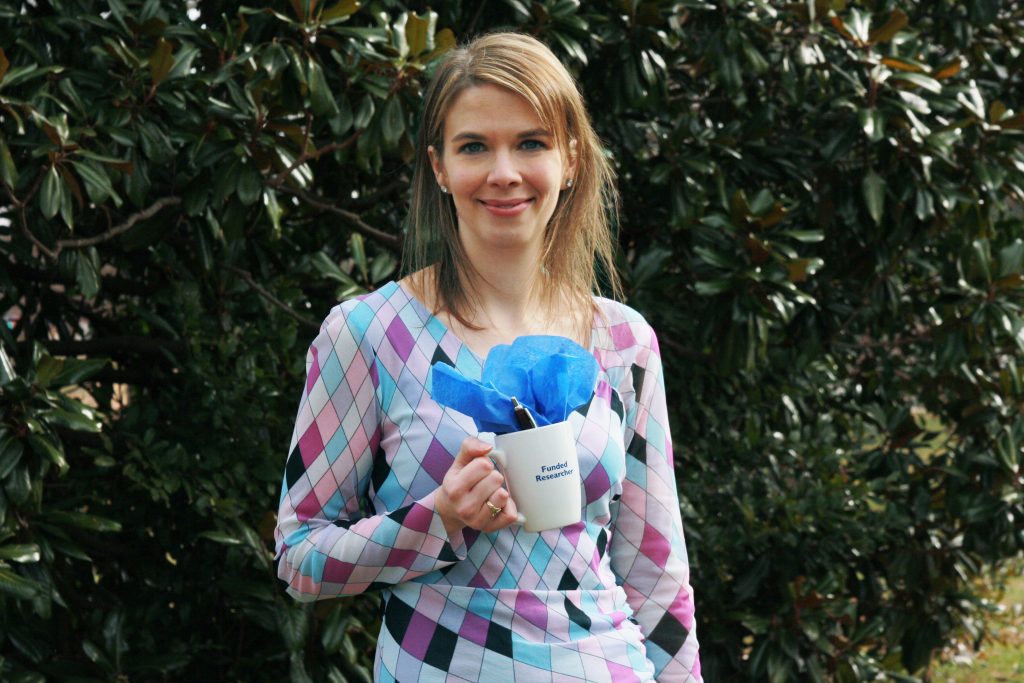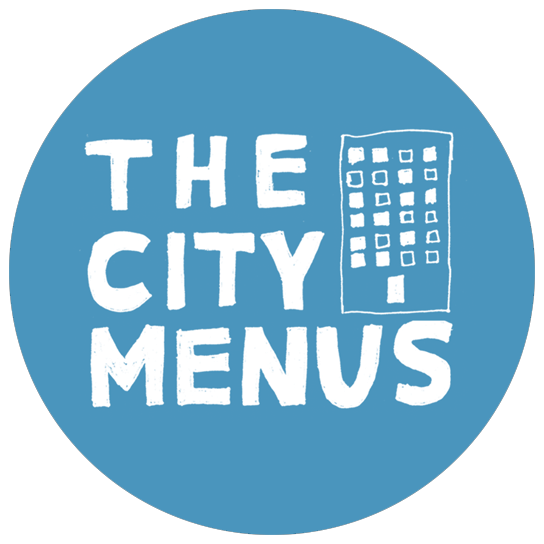
Press Release from Julie Lineback at UWG
The University of West Georgia’s College of Arts and Humanities (COAH) recently received a challenge grant from the National Endowment for the Humanities (NEH).
NEH will match every dollar raised, up to $25,000, for each of the next two consecutive years. The grant benefits English students participating in the department’s publication, “Literary Undergraduate Research in English” (LURe), and helps expand student resources.
“When I became aware of this particular grant, I noted that the NEH wanted to support a program that was already in existence and help that program grow,” said Dr. Leah Haught, assistant professor of English and faculty advisor for LURe.
LURe was created seven years ago to showcase critical writing skills by UWG English majors and to launch a peer-reviewed national journal for undergraduate scholarship. Since then, the journal’s submissions have grown substantially, expanding from only UWG students to those from the University System of Georgia and even nationwide.
Haught explained that all work done by students with LURe is extracurricular. She hopes to use the funding in part to compensate an editorial board of three students so they no longer have to balance their education, a part-time job and the journal.
“If they get paid, this can be their part-time job,” she said. “So that’s one of the things I’m most excited to do.”
The additional monetary support also will expand the conference associated with the publication. Held in the fall semester each year, the meeting is limited to current English and philosophy students currently.
“Over the next few years, we’re hoping to invite a speaker who can express to the students how research figures into his or her life as a professional,” Haught explained. “We’d also like to invite some of the journal’s authors who are published, but don’t attend UWG to come present their work here.”
The funds also will help grow the English program’s new editing and publishing certificate and lead to internship possibilities both within and outside the LURe editorial staff.
UWG senior Keri Jones joined LURe in 2016 to practice editing. As an English major, she said it’s common to review the work of close peers. With LURe, she’s able to go further and look at a variety of work and research and see how those students formulate their arguments.
“By examining the papers, content and line editing, it gives me a new perspective on how to improve writing on both the small and large scale, from grammar to topic cohesion,” Jones described. “It’s almost like you step in the professor’s shoes for a minute—minus the Ph.D. and grading.”
Graduate student Hailey Hughes, who joined LURe last fall, said working on the journal has taught her to appreciate teamwork.
“This is a unique opportunity because rather than having collaboration built around a grade, like in the case of a group project, I collaborate with students so that we both build professional skills and become better writers,” she concluded.
If you would like to support COAH and the LURe journal, please click here. Enter a gift amount and specify “LURe journal” as the funding area.
(Any views, findings, conclusions or recommendations expressed in this release do not necessarily represent those of the NEH.)
###
UWG serves more than 13,500 students from across Georgia, 37 other states and 72 countries. Perennially ranked by U.S. News and World Report as a top national university, West Georgia offers 88 fields of study, including business, nursing, education, STEM, social sciences and the arts. It generates a regional economic impact of nearly $520 million and provides a safe, quality and affordable college experience that transforms lives.

